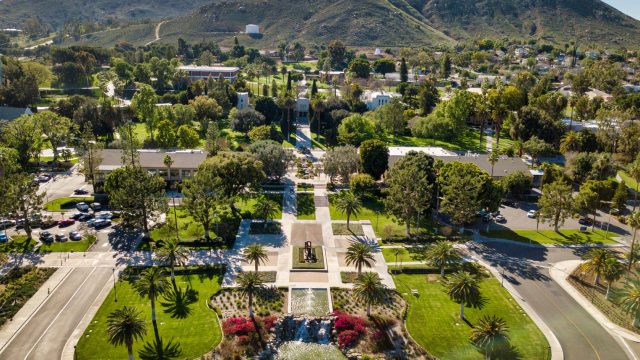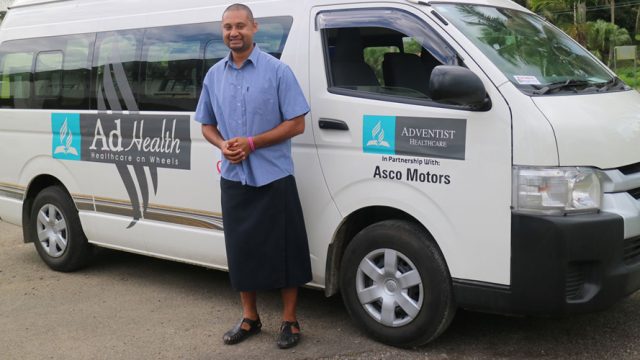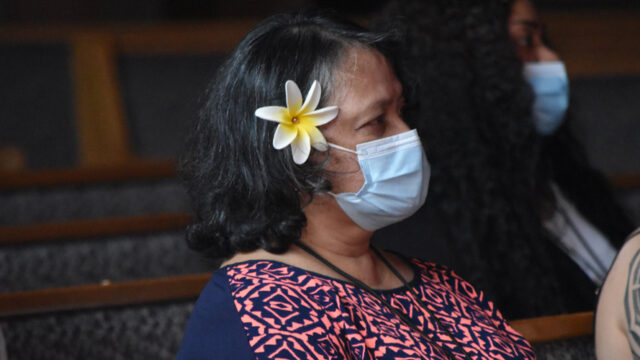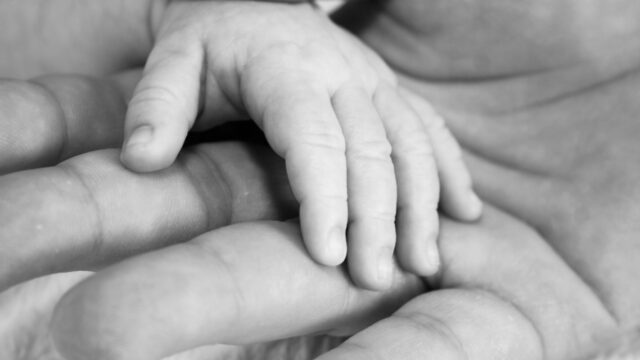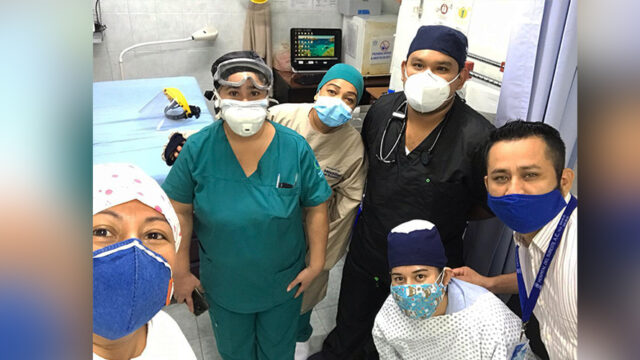In Australia, Mamarapha trains students to serve and impact their communities.
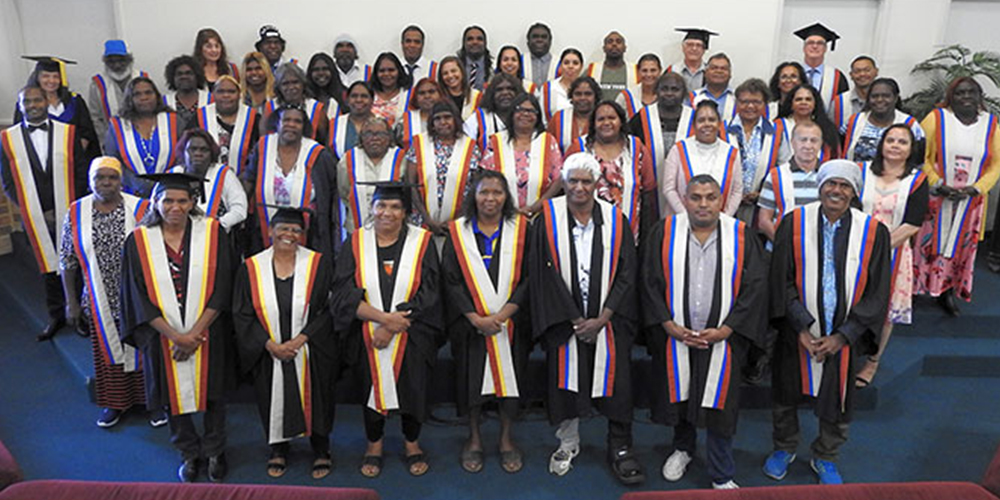
Nestled in bushland on the outskirts of Perth, Australia, is an oasis of peace, a wellspring of knowledge refreshing Aboriginal and Torres Strait Islander communities throughout Australia. Mamarapha College has a life-changing impact on the work of Aboriginal and Torres Strait Islander Ministries (ATSIM), which may only be fully realized in years to come.
“Mamarapha is key to much of the success and growth of ATSIM,” said Mamarapha principal David Garrard. “The college provides an opportunity for spiritual transformation,” he continued. “Countless students have come with broken lives and leave healed, equipped, and empowered.”
Several health students are now working in their communities, while Mamarapha pastoral students are currently employed in roles such as chaplain at Karalundi; North New South Wales ATSIM director; and Bible workers.
Henry Dunn is a Bible worker in the Redfern/Waterloo area of inner Sydney. Involved in feeding the homeless, starting social groups, and even a prayer room and juice bar, Dunn is heavily involved in ministering to the community.
“We’re empowering the local community to grow the kingdom in Redfern,” he said. He preaches at The Way and the Mt. Druitt Indigenous group once or twice a month. “I’m a product of Mamarapha College,” he said. “I wouldn’t be in ministry today if it wasn’t for Mamarapha.”
Such is Mamarapha’s reputation that many students come from communities where there is currently no Adventist presence.
In 2019, the college saw the baptisms of Douglas and Ashley, two students from Ampilatwatja and Ali Curung (Northern Territory), respectively — two communities with no Adventist presence.
Yet, despite all its recent success, Mamarapha is facing some significant challenges this year.
After a record graduation class in 2019, with 59 graduates, 2020 started with promise as Certificate III to Advanced Diploma students began classes in February. A very large first-year cohort was enrolled to start in March. According to Garrard, it was exciting to see some third-generation students attending. But, by mid-March, classes were canceled, and students had to return home due to COVID-19 restrictions.
No classes meant no income for Mamarapha, as classes weren’t able to move online.
“A lack of literacy and technical skills and access means challenges to moving online. However, we have reached a crucial point where we now have to set up online learning,” Garrard explained. “We are waiting for camera equipment to arrive so we can begin recording.”
Interstate students were not able to attend while Western Australia locked its borders. Many students within the state come from high-risk remote communities that have been designated bio-security zones and are therefore unable to travel without risking exposure to COVID-19.
“Students have been regularly calling us for start dates and asking when they can come back to class. They are also asking for prayer,” Garrard said. “They really miss the college.”
But the college team has not been idle.
Mamarapha staff have used the student-free time to work on fine-tuning administration, finance, and student management systems, updating policies and procedures, and exploring options for developing new courses covering topics such as Indigenous mental health and permaculture, horticulture, bush tucker (good food), and bush medicine.
Mamarapha’s impact reaches right across Australia, having educated more than 1,400 enrolled students since its establishment in 1997.
“Considering our networking capacity and with the right support, Mamarapha has the potential to diversify and increase ministry impact and be known as a leading Indigenous institution throughout Australia,” Garrard said.
“If the wider church body was aware of the incredible ministry impact of Mamarapha right across Australia, they would understand how crucial the college is to the Adventist Church regarding ministry to Indigenous people.”
There are other ways to support the college beyond financial help.
“The main areas of support that we need are financial assistance, helping students with their studies and practical ministry requirements at home, volunteering skills such as tutoring, marketing and IT, and prayer.”
Mamarapha hopes to reopen for classes by September 2020.
The original version of this story was posted by Adventist Record.



